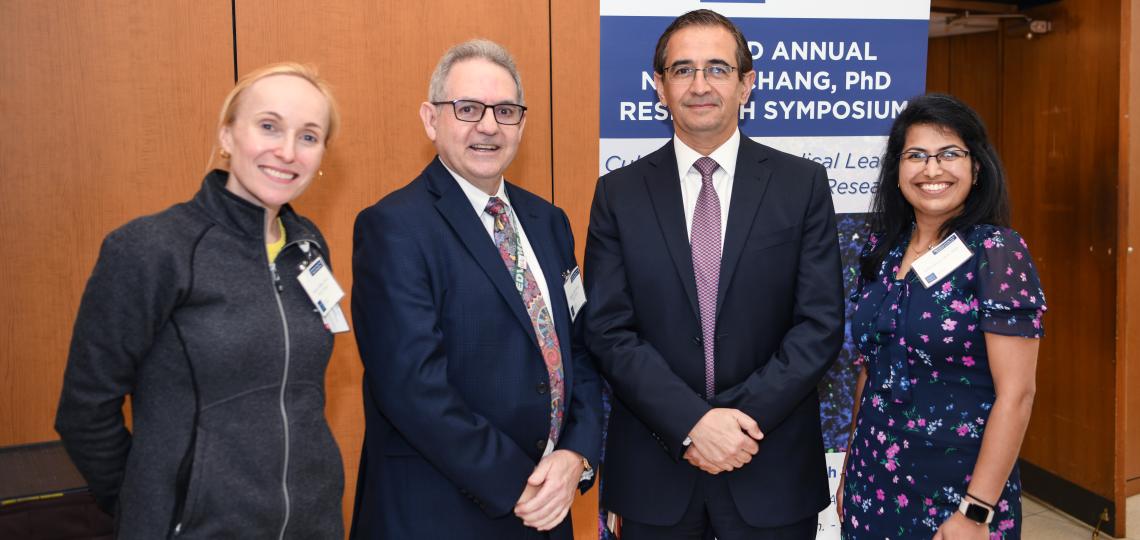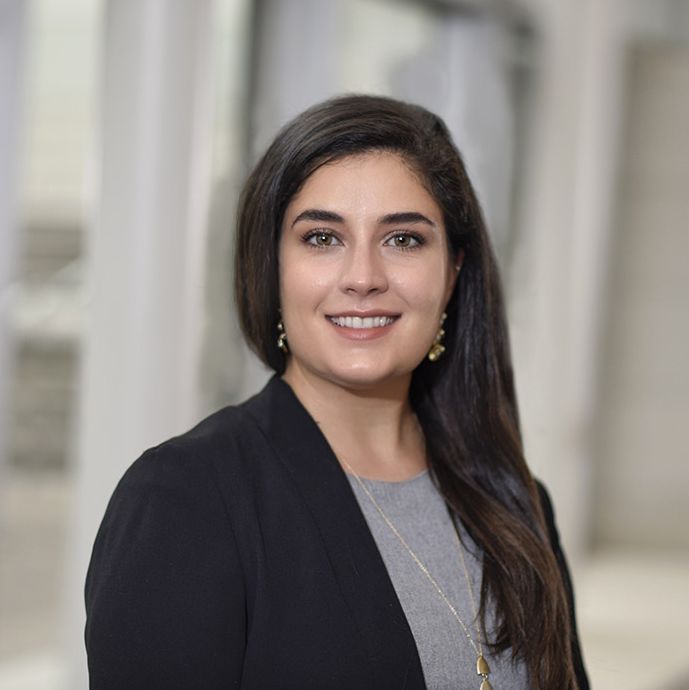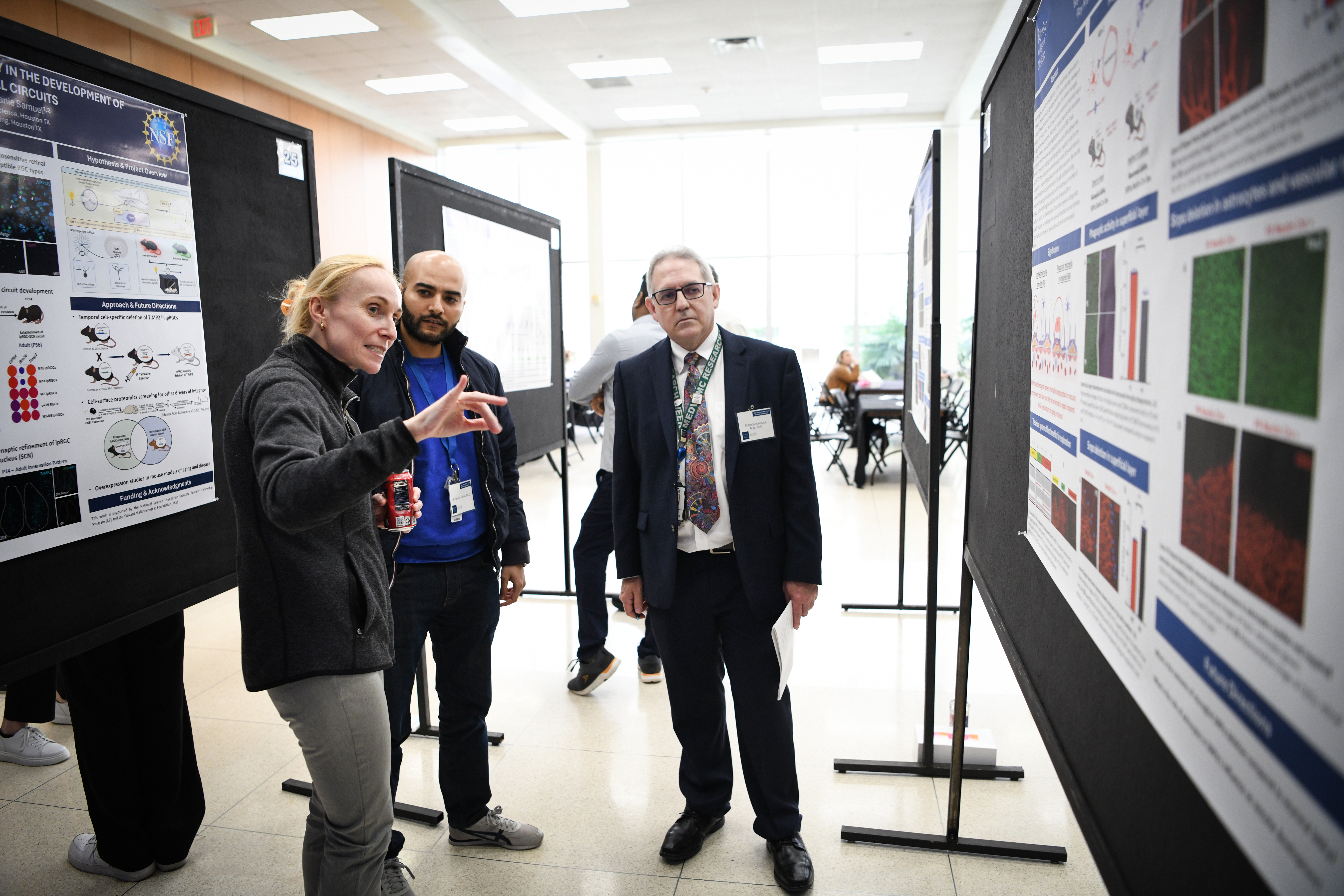
MeRIT Program Summary
The Department of Medicine at ²ÝÁñÉçÇøÈë¿Ú is profoundly committed to helping develop the careers of the next generation of academic physician-scientists by providing an exceptional environment for clinical and research training. Our Physician-Scientist Training Program, the MeRIT (Medical Resident Investigator Track) program, fulfills the requirements of the .
Highlights of the program include:
- Depth and breadth of opportunities for training with preeminent investigators in basic science, clinical, translational, or health services research.
- Funding for the entire five years of the program with a supplemental support for educational/scientific expenses.
- Acceptance into selected subspecialty fellowship at time of match to MeRIT residency program
- 2 years of clinical training in Internal Medicine followed by clinical training in a subspecialty and 3 uninterrupted years of research training (one of which can be used to fulfill the research requirement for subspecialty board certification)
- Incredible depth of faculty mentorship; provides a very small sampling of these faculty members and a broader listing of the research opportunities and mentorship can be found by browsing through the list of interdisciplinary research centers
- Integration with Baylor’s Clinical Scientist Training Program and option of pursuing an advanced graduate degree
Information About Applying
- Internal medicine residents selected for the MeRIT Program are expected to be among the top applicants, not only on the basis of extraordinary clinical competence but also on a commitment to pursuing academic careers as physician-scientists.
- The interview process includes meetings with residency and subspecialty fellowship leaders, potential research mentors, and current/prior trainees
- Applications to the MeRIT program are only accepted through the Electronic Residency Application Service (ERAS), NRMP #1716140C1.
- Applicants invited for an interview will receive a request for supplemental information including a description of their research interests, plans for subspecialty training, and their suggestions of potential faculty members to meet with during the interview day.
As you make plans for residency training, we encourage you to consider the MeRIT Program and think about collaborating with its distinguished group of faculty.
MeRIT Program Faculty and Staff

Rolando Rumbaut, M.D., Ph.D.
MeRIT Program Director

Christine Eriks, MHA, MBA
MeRIT Recruitment Coordinator

Our provides a very small sampling of the many faculty members committed to serve as primary mentors for MeRIT trainees.




